Breaking the Molecular Link Between Alcohol and Pancreatic Cancer by Targeting CREB

13 August 2025
New findings, published in Cellular and Molecular Gastroenterology and Hepatology, show that the transcription factor CREB drives the progression from alcohol-induced pancreatic inflammation to cancer, particularly in KRAS-mutated cells. In preclinical models, deleting CREB markedly reduced precancerous lesions and preserved acinar cell function. The results suggest CREB inhibition could be a promising strategy to prevent inflammation-driven pancreatic tumorigenesis in high-risk individuals.
Researchers from the Sylvester Comprehensive Cancer Center at the University of Miami have identified a critical molecular player that may link chronic alcohol use to tumor development: the transcription factor CREB (cyclic AMP response element-binding protein).
Therapeutic Implications
“Our model serves as an important platform for understanding how chronic inflammation related to alcohol consumption accelerates the development of pancreatic cancer,” said Sylvester scientist Siddharth Mehra, Ph.D., who is the study’s first author.
From Alcohol to Inflammation to Cancer
Chronic, heavy alcohol consumption damages pancreatic acinar cells, which produce digestive enzymes. This injury triggers local inflammation and tissue fibrosis, both of which can accelerate carcinogenesis. In this inflamed environment, acinar cells can undergo acinar-to-ductal metaplasia (ADM), a reprogramming process that creates precancerous pancreatic intraepithelial neoplasia (PanIN) lesions.
Previous research had suggested that CREB, a DNA-binding protein involved in gene regulation, is activated during inflammation and may drive tumor-promoting pathways. The new study not only confirms CREB’s role in alcohol-related pancreatic injury but also identifies it as a “molecular orchestrator” of the transition from healthy to precancerous cells—especially in the presence of oncogenic KRAS mutations, which are common in pancreatic ductal adenocarcinoma.
“We believe this study lays the groundwork for future translational efforts targeting CREB as a therapeutic vulnerability in inflammation-associated pancreatic cancer.” said co-author Dr. Nipun Merchant, and chief of the Division of Surgical Oncology at the Miller School.
To probe this mechanism, researchers created genetically engineered mouse models carrying KRAS^G12D mutations in acinar cells. They induced alcoholic chronic pancreatitis (ACP) to replicate the human disease process and monitored progression from inflammation to cancer. CREB expression was kept intact in one group and selectively deleted in another.
The results were striking: alcohol exposure triggered persistent CREB activation, amplifying inflammation, promoting fibrotic remodeling, and accelerating ADM and PanIN progression. When CREB was deleted in acinar cells, these pathological changes were markedly reduced—PanIN lesions were fewer and less advanced, acinar cell function improved, and tumor progression slowed.
Single-cell RNA sequencing revealed that sustained CREB activity reprograms acinar cells at the transcriptional level, locking them into a pro-tumor state. CREB inhibition disrupted this reprogramming, even in the continued presence of alcohol-induced injury.
These findings, suggest that targeting CREB could offer a novel therapeutic strategy for individuals at elevated risk due to chronic alcohol use. CREB inhibitors—currently under investigation for other cancers—might both protect pancreatic tissue and delay or prevent tumor formation.

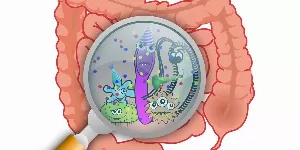



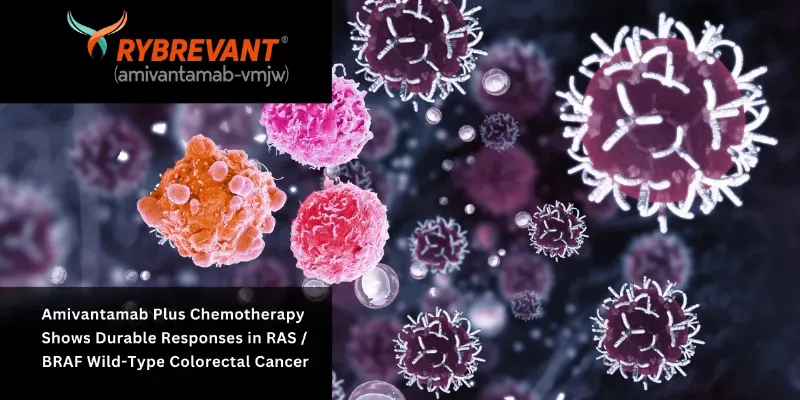
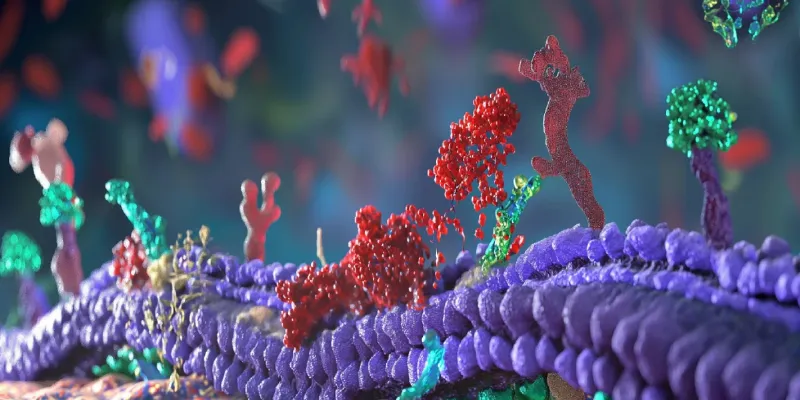
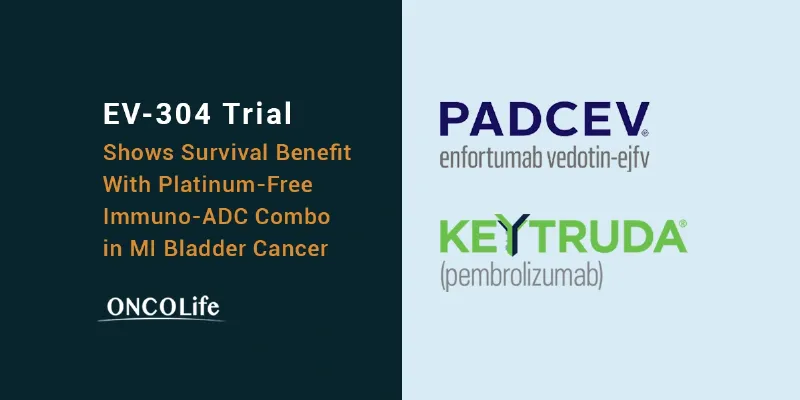
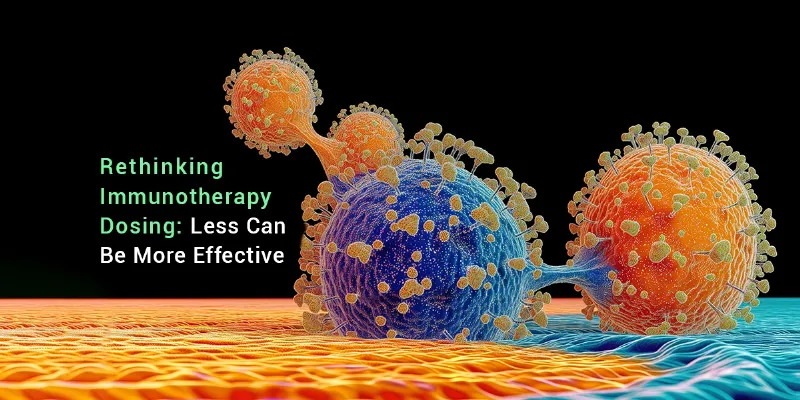
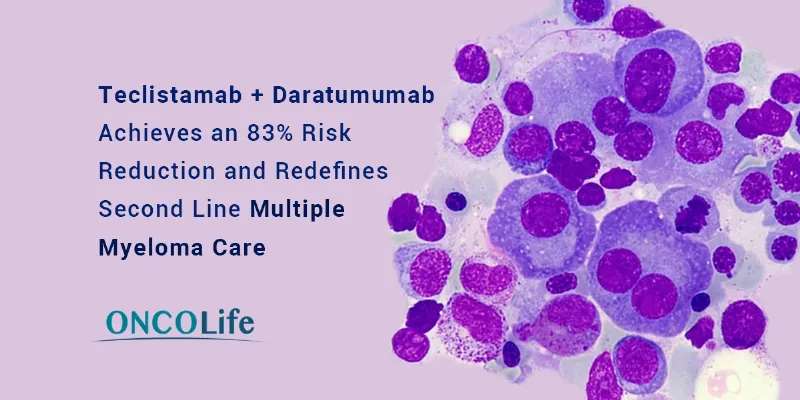
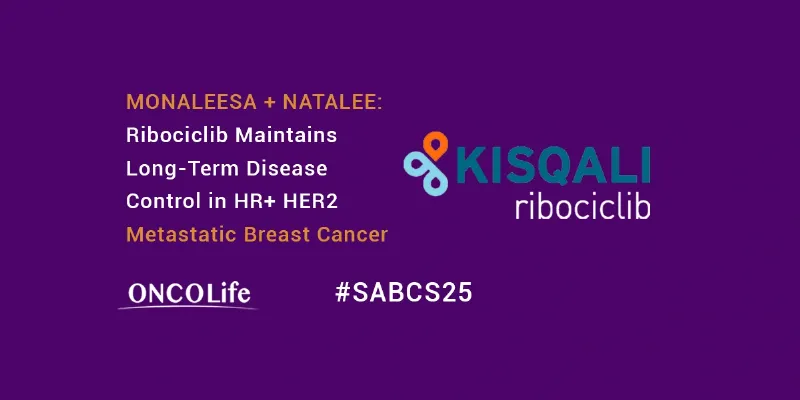
Comments
No Comments Yet!